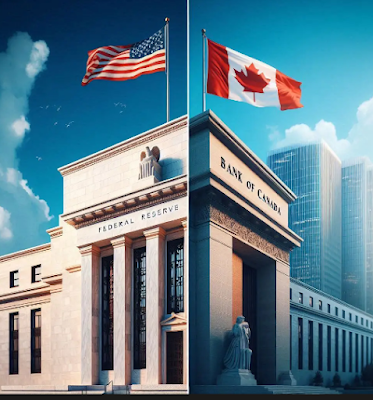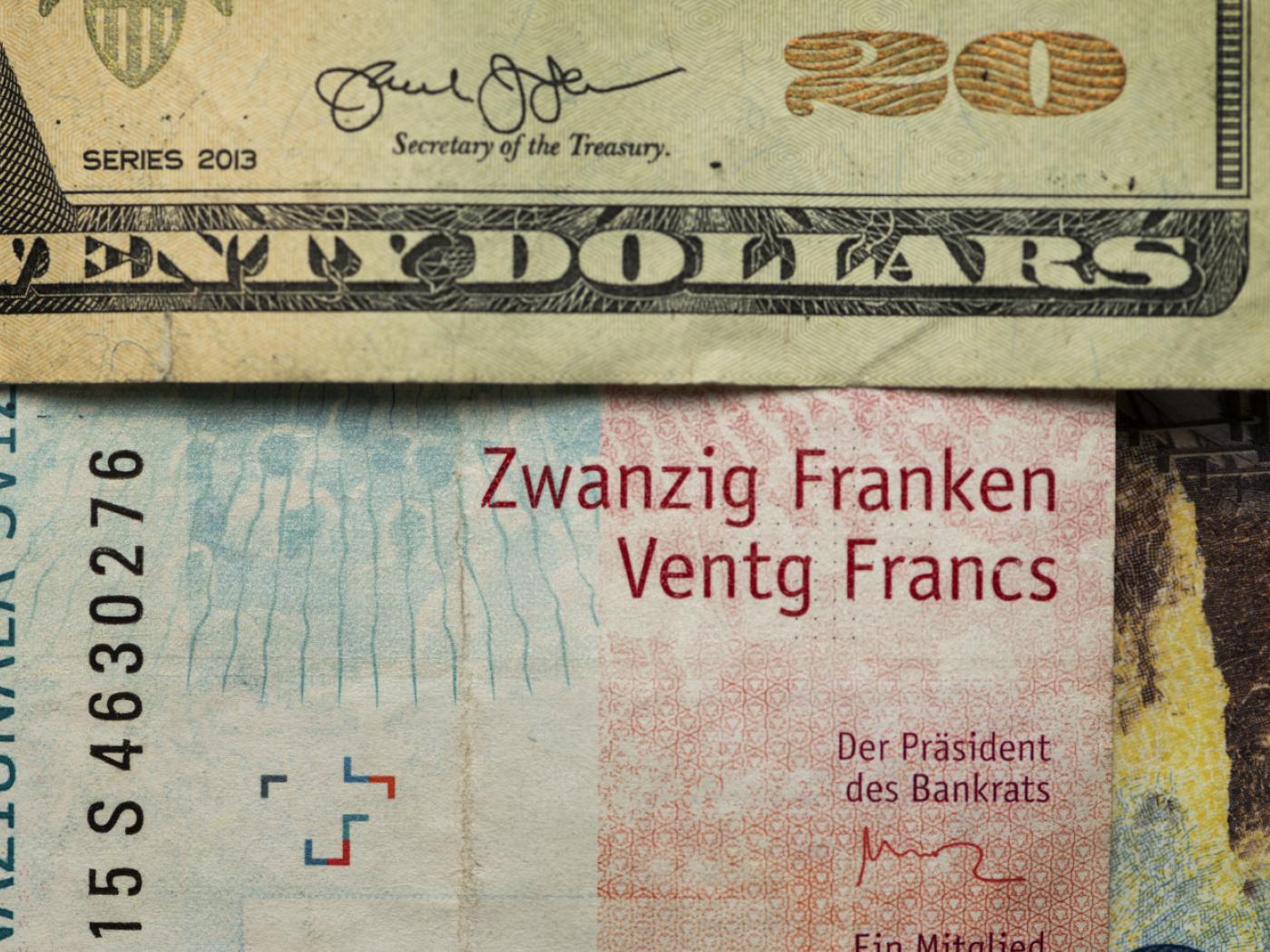In his important book The Failure of American Conservatism (2023), the political theorist and philosopher Claes G. Ryn offers some criticisms of libertarianism and free-market capitalism, and in this week’s column, I’d like to examine these.
Ryn is not an opponent of all forms of the free market, but he fears an extreme version of it can be dangerous. He defends what he calls “value-centered historicism,” according to which people’s values stem not from abstract reason but from the concrete particularities of their lives and traditions. From this perspective, he opposes ideologies that propose setting aside existing customs and social practices to remodel all social institutions according to a plan. He argues that the Jacobins of the French Revolution acted in this way; convinced of their superior rationality and unbound by restraints, their policies led to widespread massacres. (By the way, his attack on “Jacobinism” is quite similar to Friedrich Hayek’s criticism of constructivist rationalism, but he does not mention Hayek in this connection.)
Ryn explains his view of Jacobinism in this way:
In their efforts to bestow their allegedly noble insights on people far and wide, the French Jacobins combined adherence to abstract ideals with moralistic righteousness. Warnings from others, including Edmund Burke, that in the reform of society concrete circumstances and historical experience had to be taken into account and respected, seemed to the French revolutionaries morally perverse and reactionary. No guide was necessary other than their own revolutionary principles. To liberate mankind from oppression and enact freedom, a clean break with the past was necessary.
Readers will probably wonder what any of this has to do with the free market, and skepticism on this score is amply justified. Economics is a value-free science, and the way the market operates does not depend on whether values come from abstract principles or concrete circumstances. Regardless of the values they hold, people in a society will need to have a method of producing and distributing goods and services. This holds as much for traditional as for revolutionary societies. According to Austrian economics, there is only one viable method available for any large-scale economy: the free market. Socialism will collapse into chaos, and interventionist measures will, from the point of view of their own advocates, fail to attain their goals. Ryn might respond that this argument appeals to abstract laws, but this answer would miss the point. Even if you accept value-centered historicism, the answer is irrelevant: the laws of economics are not about values. It isn’t “ideological” to hold that scientific laws are universal and objective.
Ryn misses what is at stake because he ascribes to the free market a particular set of values that some advocates of the market might hold. He claims that advocates of the free market want ruthlessly to overthrow all institutions that do not facilitate making as much money as possible:
In today’s Western society, the wish for economic freedom has been taken to an extreme by various radical “libertarians.” It should be carefully noted that there is a sense in which a free market would become universal only if the movement of goods and services were wholly unrestricted, unfettered not only by “external,” legal, or institutional checks but by “inner” restraints, such as the inhibitions and tastes of civilized persons. A Rousseauistic, Jacobin desire to destroy traditional cultural and moral restraints and corresponding sociopolitical structures can thus be said to aid in the creation of a truly free market.
This is a shockingly weak argument. Ryn has “proved” the Jacobin nature of the free market by arbitrarily conjoining the market with Jacobinism and then triumphantly deriving Jacobinism as his conclusion. You could with as much validity prove that baseball is Jacobin by defining baseball as baseball + Jacobinism and then pointing out that the premise entails Jacobinism.
Ryn supports his argument by citing Karl Marx’s argument that the market has the revolutionary effect of overthrowing social institutions. He notes that a Jacobin might agree with Marx on this end result of the historical process but deny that we need revolution to get us there: we can get to Jacobinism peacefully by allowing capitalism to develop to its full potential.
A person may endorse capitalism because letting the market do its work is the best way of uprooting backward beliefs and related social structures. . . . A Jacobin in spirit could thus become an enthusiastic advocate of capitalism—provided capitalism is expected to function in a particular way. The destruction of old-fashioned civilized life that capitalism of this type brings with it is similar to that effected by plebiscitary democracy.
To sustain this argument, Ryn would need to show that the free market has these destructive effects, and it does not suffice to cite Marx. Certainly Ludwig von Mises, an ardent defender of the free market, also supported “civilized life.”
Ryn himself recognizes that advocates of traditional social values can also support the free market, and he cites Wilhelm Röpke as an economist who did exactly that.
“The market economy is one thing in a society where mass proletarianization and concentration rule,” in which rootlessness robs competition of traditional moral restraints. . . . The market can be quite another thing, Röpke insisted, in the kind of decentralized, group-centered society that was described earlier in this book as fostering the character on which constitutionalism depends.
But doesn’t this admission undercut Ryn’s whole argument that the free market leads to Jacobinism? Here he is defending a different and much more plausible argument: the social system that accompanies the free market can be Jacobin or traditional, depending on the values of people in a particular market society.
You can imagine a counterargument to this. Ryn might claim that the natural tendency of the free market is toward Jacobinism and that a different outcome will ensue only if people restrict the market. But he undercuts this counter as well. He says, “In reality, capitalism and democracy have no fixed definition or ‘essence.’ They exist only in particular historical manifestations. These can be sharply different depending on the ethical and cultural health of the society in which they operate.”
Ryn has given us an argument about capitalism and Jacobinism and then torn it down. It seems a pointless exercise. It puts one in mind of the grand old Duke of York. “He had ten thousand men. He marched them up to the top of the hill. And he marched them down again.”
Full story here Are you the author? Previous post See more for Next postTags: Featured,newsletter



























